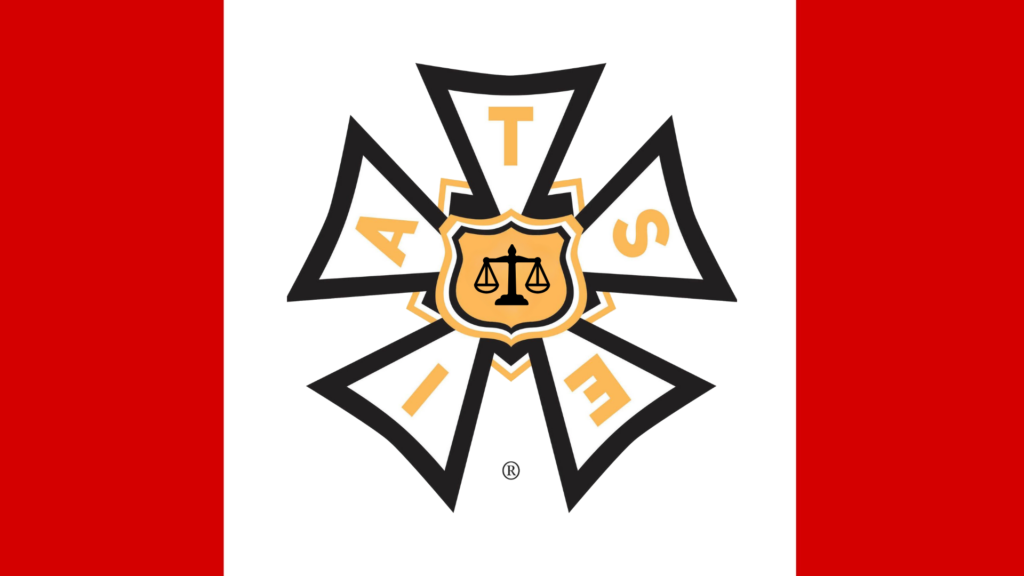- May 25, 2021
- Collective Agreement Interpretation
Arbitrator: Kenneth P. Swan
Date of Decision: June 11th, 2012
“The Man in Black: A Tribute to Johnny Cash” (“the presentation”) was performed at the Panasonic Theatre in Toronto, Ontario from February 15-27, 2011. Ed Mirvish Enterprises Limited (“the Employer”) agreed to co-present the presentation with LCQ Productions (“the Producer”), which produced the presentation. The agreement between the Employer and the Producer stipulated that the Producer would provide all actors, management personnel, costumes, scenery, and furniture. The Employer would provide “technical staff (crew) required during the fit-up, run of the show and take out.” Although the parties discussed the possibility of hiring a wardrobe person, no such individual was called for this performance.
I.A.T.S.E., Local 822 (“the Union”) filed a grievance on March 10, 2012, alleging a failure of the Employer to abide by the Collective Agreement by failing to call out a wardrobe person for the performance. The Arbitrator considered whether the Employer violated Article 2.8 of the Collective Agreement by failing to call a wardrobe person, and whether the absence of a bargaining unit member in the crew amounted to contracting out contrary to Article 2.4 of the Agreement.
The Arbitrator first dealt with the interpretation of Article 2.8 which states, in part:
Subleases. Union personnel shall be used by the Employer or third parties who have sublet, leased or borrowed the premises, on all occasions where performers require assistance with consumes (other than what is normally described as street cloths) and/or hair/wigs… [emphasis added]
The Arbitrator found that the word “required” must be objective and not subjective. He stated that:
“It is not enough for a third party covered by clause 2.8 to decline assistance on the basis that it does not wish to have the expense of having it provided; it must be found that a reasonable party in the position of that third party would not objectively require assistance in all the circumstances.”
Thus, the Union was required to establish “that, on an objective basis, assistance with costumes was required for the purposes of clause 2.8, or that bargaining unit work was performed by the actors/signers or some other third party” contrary to the collective agreement. Conversely, paragraph 2.4 of the collective agreement would have been breached if the Producer had brought its own wardrobe person with it to perform any bargaining unit functions or if the actors/singers had themselves performed this type of work.
In light of this interpretation of the Collective Agreement, the issue was whether maintenance of the costumes was, in fact, required, and whether this maintenance was performed by the actors/singers or “some other individuals not covered by the collective agreement.”
The Arbitrator held that the evidence adduced did not show what, when and where maintenance might have been carried out on any of the costumes during the run of the performance. He noted that the Union advanced “a very strong suspicion that in objective terms some assistance with costumes was required and that some work which would normally fall within the concept of such assistance must have been carried out somewhere by someone.” However, the evidence which would have permitted the resolution of the grievance in the Union’s favour was not available to the Union; therefore there could be no finding that, on a balance of probabilities, the Employer had breached the collective agreement.
Arbitrator Swan denied the grievance.
Note: What is important about this decision is that the Arbitrator found that the test for Article 2.8 was objective and not subjective. Therefore, a third party covered by Article 2.8 could not simply decline assistance with costumes because they did not want to pay for a wardrobe person, rather must be found that a reasonable party in the position of that third party would not objectively require assistance.








